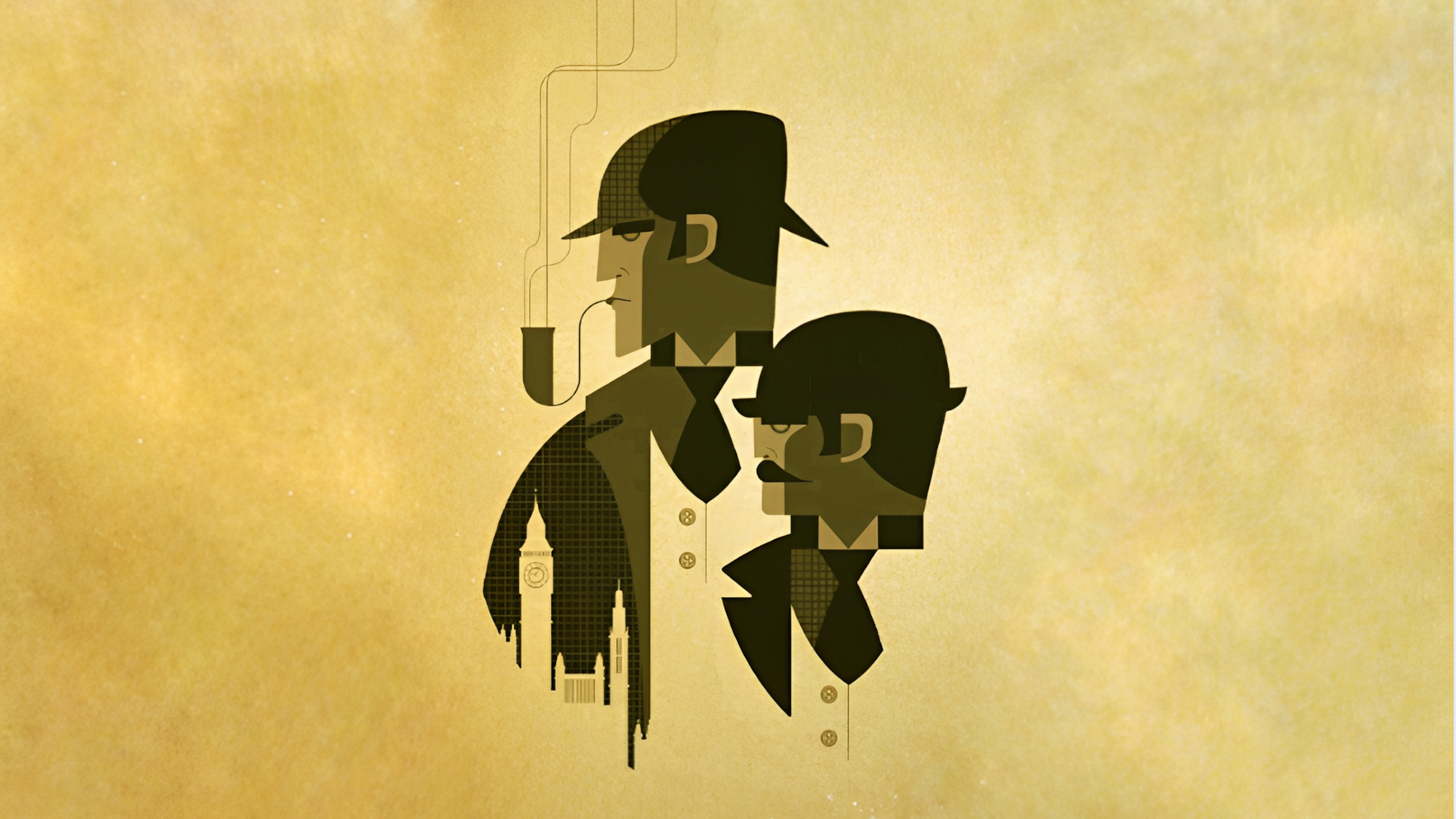Sherlock and the Case of Social Media
Is social media too complex for the world’s greatest detective?

Maestro of Deduction. Artist: Tom Whalen
“Sherlock! The Inspector called, it seems your powers of deduction are needed once again. Professor Moriarty has made–“
“A post on social media, yes, I’m well aware, Watson. I do have access to the Internet, you know.”
“But his post has already been viewed by 20,000 people! And the Inspector wants to know exactly what each of those people will do.”
“Well, I’m not sure.”
“Not sure? Can’t you use your mind palace and connect each cause with its immediate effect, connected in a chain until you predict the outcome exactly? Like, ‘throw handkerchief, block blind jab, counter with cross to left cheek,’ that sort of thing”
“Watson, this may come as a shock to you, but social media and the exact circumstances and reactions of each of the 20,000 people reading a post are somewhat more complex than punching a man in the face.”
“Are you saying you can’t predict anything?”
“Of course I can. Fetch me a glass of water.”
“Here you go. And what do you ARGHTHPPBBT! Why did you throw that water in my face?!”
“Observe, Watson. I couldn’t be sure what any individual droplet of water would do, as some landed on the floor and some still remain in the glass. But I could still easily predict that you would end up with a wet face and a small amount of anger.”
“That’s hardly–“
“To take it a step further, a glass of water has 10^25 H20 molecules, far too many for even the world’s most advanced laboratory to track at once. But by knowing the general trends and what the molecules will do on average, we can calculate properties of the water. Temperature, pressure, volume, et cetera.”
“So you’re saying–“
“Yes. Perfect information and exact knowledge are not required to make reasonably accurate predictions. We can use a stochastic model which accounts for a degree of randomness or uncertainty, in order to predict trends. Even moreso than the water currently dripping off your face, social media is an organism with too many complex variables to predict exactly. But stochastic models allow us to make predictions about probable outcomes.”
“I don’t suppose it’s probable that you’ll hand me that towel?”
“Here. The actions of one friend, we might predict. But social media is an organism too complex to predict exactly. Which works in our favor.”
“How so?”
“Consider that an organism too complex to predict is an organism too complex to control. The same exact post made by two different people, or even the same person at two different times, may have completely different results. No one can predict the exact outcome. Not even me. And certainly not Moriarty.”
“Which means–“
“Indeed. Social media is not like one of his clockwork schemes. It can only be influenced, never controlled, and thus he can’t even know the result of his post, let alone force a specific sinister result. He can only agitate in a certain direction and suspect general probable outcomes, as we can by continuing to monitor social media trends.”
“Oh. So the Inspector shouldn’t try to shut down all social media, then.”
“As I said, social media can’t be controlled, so better simply to watch it. If the Inspector wants to shut down a malicious agent in control of doing evil, he can find whoever gave you that haircut.”
“I’m leaving.”
“And that I could predict. Tell the good Inspector not to worry, social media can’t be controlled. Like your mustache, apparently.”
“Goodbye, Sherlock.”




Responses